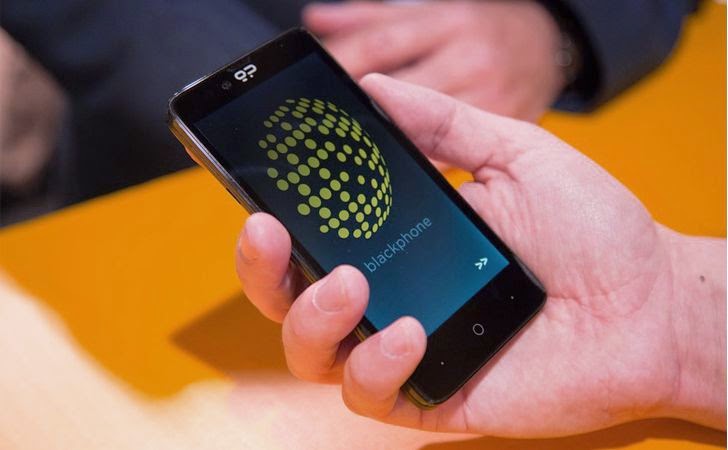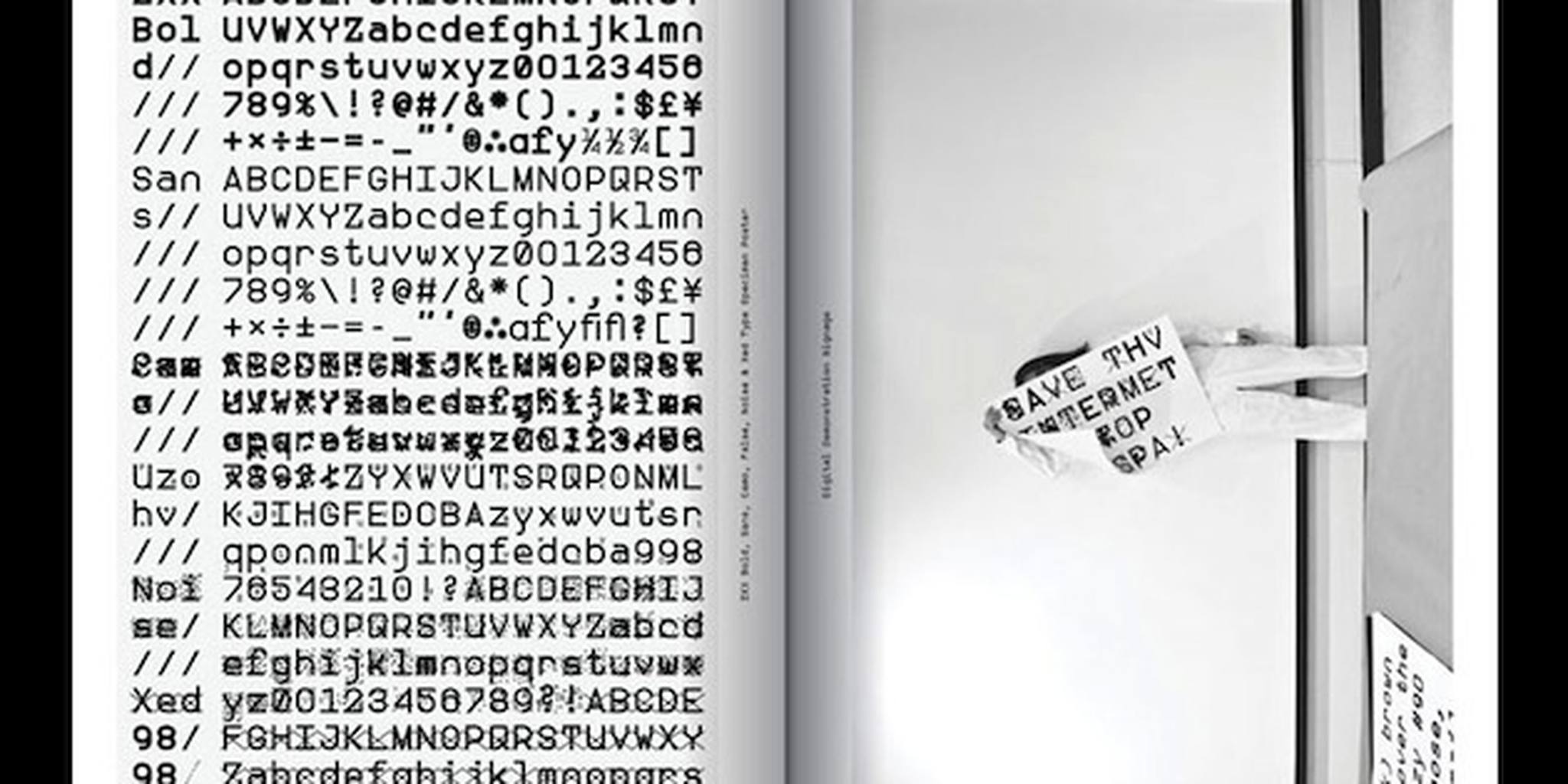

Moreover, we achieve a high level of anonymity by using the stealth address as the destination of the delivered message, which can only be identified by the intended receiver. This improvement reduces the time and computing resource costs by eliminating computationally heavy hash operations. To address this problem, we improve Bitmessage with a novel antispam mechanism based on proof-of-space, which requires the user to dedicate a certain amount of disk space to send a message. Unfortunately, Bitmessage uses proof-of-work as the solution to prevent spam, which wastes computational power and makes it inefficient to be used in practice. Bitmessage achieves anonymity and privacy by relying on the blockchain flooding propagation mechanism and asymmetric encryption algorithm. Bitmessage is a well-known decentralized messaging system that enables users to exchange messages and prevents accidental eavesdropping. There is potential to use blockchain in developing decentralized and transparent communication systems. Blockchain, with its characteristics of openness, decentralization, and tamper resistance, is an innovative technology underlying Bitcoin. As the most commonly used methods of communication, centralized systems cannot meet the increasing need for information security. If you're familiar with Bitcoin, this is similar to the mining process, but much less computationally intensive.We are in the Internet era, when protecting the security of personal information is both vital and challenging.


So when you send a message your computer screws around for three or four minutes in the background, doing some work - then your message is added to the blockchain and transmitted. It's kind of like you can't have dessert until you eat those damn peas. You can't send a message unless you do some work to help support and propagate the Bitmessage network. Part of the scheme is what is called 'Proof of Work'. It's easy to see how this eliminates address and location metadata, no? If your client can't decrypt any part of the blockchain, then you have no new messages. When you receive a message there is no address for it to go to what you're doing is scanning the entire blockchain for any part of it that your client can decrypt - if your client finds something that can be decrypted then it's a message for you. When you send a message, you don't leave your 'address' anywhere you're just inserting some encrypted information into the blockchain. * shrug * Who doesn't pick up and respond to their email within two days when they're dealing with important stuff? Stuff older than two days is automagically deleted. So the developers truncate the file at two days worth of messages.
Bitmessage nsa proof update#
That really wouldn't do for Bitmessage, where you have to download and constantly update it to get all the latest messages. The blockchain of Bitcoin is huge now, of course. When you send a message to someone it is encrypted and placed into the blockchain with all of everybody else's messages - but the only person who can decrypt that one message is your intended recipient. All of the messages sent by everyone who uses the system are in that file - but you can only decrypt those messages intended for you. It works more-or-less the same as Bitcoin: there is a thing - a big, single file - called a blockchain (actually the file name is messages.dat) that everybody gets all of, and which updates all the time. Windows, Linux or iOS (although iOS is "lightly tested").

Bitmessage nsa proof install#
Bitmessage is a P2P email client that you install on your computer.


 0 kommentar(er)
0 kommentar(er)
